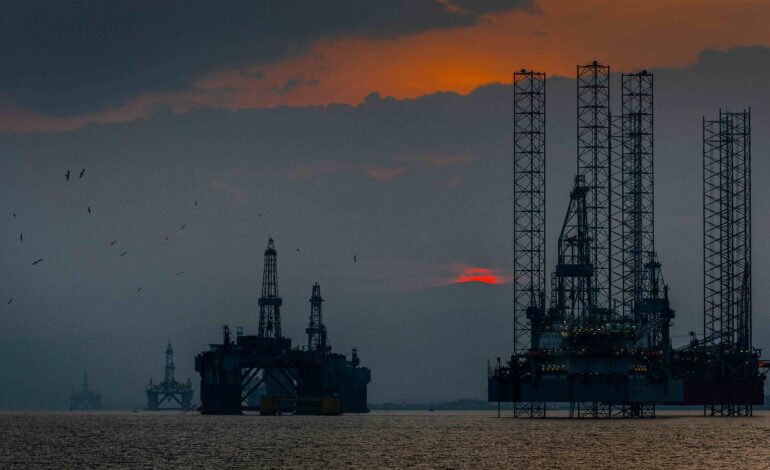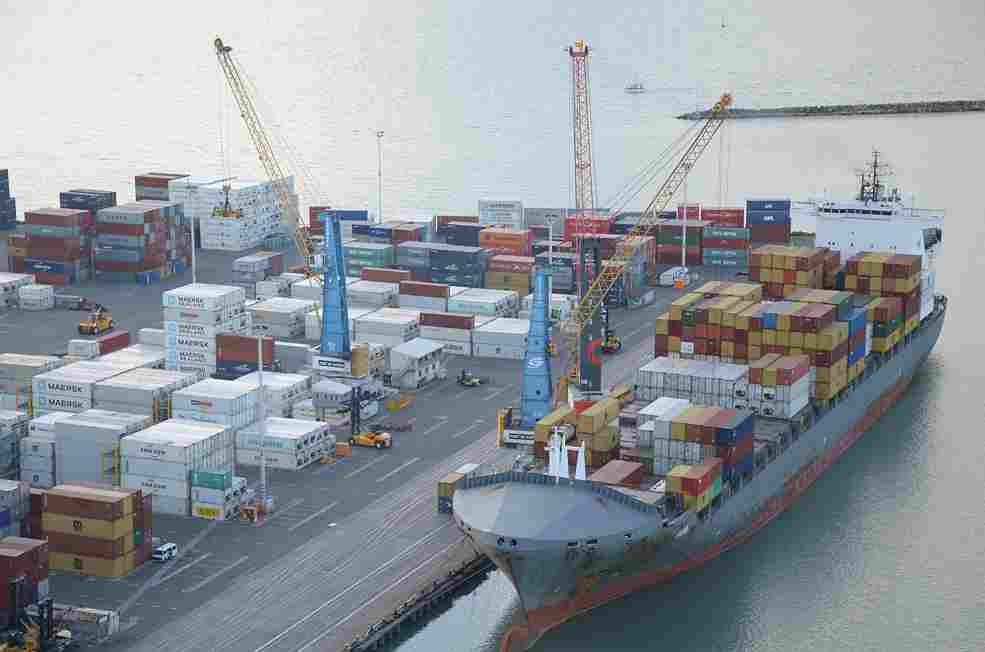Introduction
Bunker fuel, essential for powering the global shipping industry, has its supply chains intricately linked to international trade policies. These policies can have profound effects on the availability, pricing, and distribution of bunker fuels. This article delves into the various ways global trade policies impact bunker fuel supply chains, examining the interconnectedness of regulations, economic sanctions, environmental mandates, and market dynamics.
The Role of Trade Policies in Bunker Fuel Supply Chains
Global trade policies encompass a range of regulations, agreements, tariffs, and sanctions that govern international trade. These policies are instrumental in shaping the flow of goods, including bunker fuels, by influencing production, transportation, and distribution networks. Key trade policy instruments affecting bunker fuel supply chains include tariffs, trade agreements, environmental regulations, and economic sanctions.
Tariffs and Trade Agreements
Tariffs
Tariffs imposed on crude oil and refined petroleum products can directly affect the cost structure of bunker fuels. For instance, high tariffs on crude oil imports can increase the cost of refining, thereby raising bunker fuel prices. Conversely, reduced tariffs or trade liberalization can lower costs and stabilize supply chains.
Trade Agreements
Bilateral and multilateral trade agreements play a crucial role in facilitating smoother and more predictable fuel supply chains. Agreements such as the Comprehensive and Progressive Agreement for Trans-Pacific Partnership (CPTPP) and the United States-Mexico-Canada Agreement (USMCA) can enhance cooperation and reduce trade barriers, ensuring a steady flow of bunker fuels across borders. These agreements often include clauses that protect investments, enhance transparency, and reduce non-tariff barriers, all of which contribute to more efficient supply chains.
Environmental Regulations
International Maritime Organization (IMO) Regulations
The International Maritime Organization’s (IMO) regulations, particularly the IMO 2020 sulfur cap, have had a significant impact on bunker fuel supply chains. The IMO 2020 regulation mandates a maximum sulfur content of 0.5% in marine fuels, a substantial reduction from the previous limit of 3.5%. This regulation has led to increased demand for low-sulfur fuels and necessitated changes in refining processes and supply chain logistics.
Regional Environmental Policies
Regional policies, such as the European Union’s Emission Control Areas (ECAs), impose stricter emission standards within designated areas. These policies drive demand for cleaner bunker fuels and necessitate investments in refining capacity and alternative fuel technologies. Compliance with such regulations often requires supply chain adjustments to ensure the availability of compliant fuels in specific regions.
Economic Sanctions
Economic sanctions imposed by countries or international bodies can disrupt bunker fuel supply chains. Sanctions on oil-producing countries, such as Iran or Venezuela, limit their ability to export crude oil and refined products, including bunker fuels. This can lead to supply shortages and increased prices globally. Additionally, sanctions can complicate financial transactions and insurance for shipping companies, further disrupting the supply chain.
Market Dynamics
Supply and Demand Fluctuations
Global trade policies influence market dynamics by affecting supply and demand. Policies promoting free trade can lead to increased shipping activity and higher bunker fuel demand. Conversely, protectionist policies or trade wars can reduce shipping volumes, impacting demand for bunker fuels. For example, the U.S.-China trade war led to reduced shipping activity between the two largest economies, influencing bunker fuel consumption patterns.
Price Volatility
Trade policies can contribute to price volatility in the bunker fuel market. Tariffs, sanctions, and changes in environmental regulations can lead to sudden shifts in supply and demand, causing price fluctuations. Shipping companies and fuel suppliers must navigate these uncertainties, often through strategic planning and hedging strategies.
Adaptation and Strategic Responses
Diversification of Supply Sources
To mitigate the risks associated with trade policies, shipping companies and fuel suppliers often diversify their supply sources. This involves sourcing bunker fuels from multiple refineries and geographic locations to ensure a stable supply.
Investment in Compliance Technologies
Investing in technologies such as scrubbers and alternative fuels (e.g., LNG, biofuels) allows shipping companies to comply with environmental regulations while maintaining operational flexibility. These investments can also provide a competitive edge in markets with stringent environmental policies.
Strategic Partnerships and Alliances
Forming strategic partnerships and alliances with refineries, fuel suppliers, and other stakeholders helps in navigating the complexities of global trade policies. These collaborations can enhance supply chain resilience and ensure access to compliant fuels.
Conclusion
Global trade policies play a pivotal role in shaping bunker fuel supply chains. From tariffs and trade agreements to environmental regulations and economic sanctions, these policies influence the availability, pricing, and distribution of bunker fuels. Understanding and adapting to these policies is crucial for stakeholders in the maritime industry to ensure efficient and resilient supply chains. As the global trade landscape continues to evolve, proactive strategies and investments in compliance technologies will be essential for navigating the complexities of bunker fuel supply chains.






